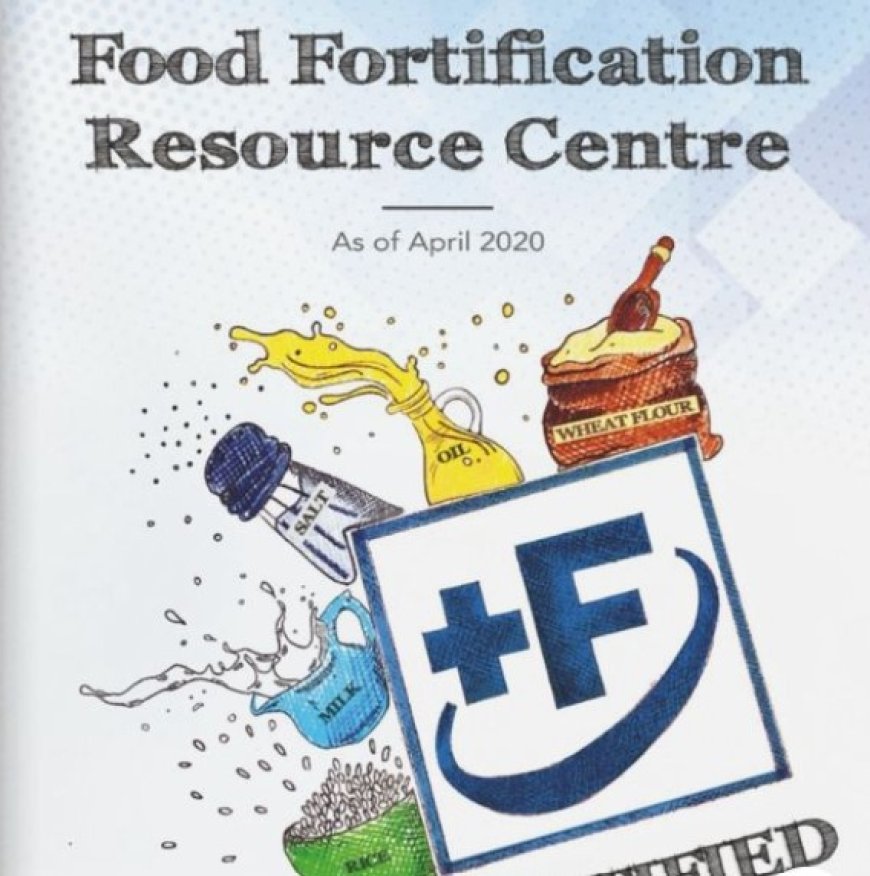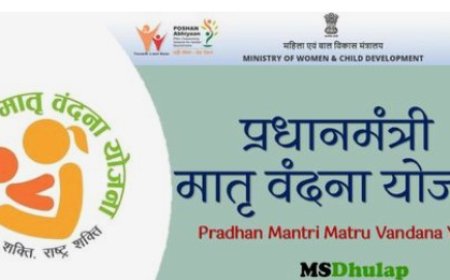Pradhan Mantri Formalisation of Micro Food Processing Enterprises (PMFME) Scheme: A Boost to the Food Industry
The PMFME scheme provides a variety of benefits to micro food processing enterprises, including credit-linked capital subsidy, support for groups, and capacity building.

Institutionalization of the Micro Food Processing Enterprise Program: An Advantage for the Food Sector
The Ministry of Food Processing Industries (MoFPI) introduced the centrally sponsored Pradhan Mantri Formalization of Micro Food Processing Enterprises (PMFME) plan in 2020. The program seeks to increase the competitiveness of micro food processing units and assist in their formalization.
The program offers microfood processing businesses a number of advantages, such as:
*Capital subsidy tied to credit:* A credit-linked capital subsidy of up to ₹10 lakh, or 35% of the qualified project cost, is available to individual micro food processing plants.
*Group assistance:* Farmer Producer Organizations (FPOs), Self Help Groups (SHGs), and Producers Cooperatives are examples of groups of micro food processing firms that can get financial support for shared infrastructure, as well as branding and marketing help.
*Building capacity:* The program also offers microfood processing entrepreneurs training and assistance in developing their capability.
Supporting units and organizations that adhere to the One District One Product (ODOP) strategy is a special focus of the PMFME plan. The goal of the ODOP strategy is to find one product every district that has the potential to win a global championship. The PMFME program prioritizes microfood processing businesses that produce ODOP goods.
The microfood processing industry has embraced the PMFME program. Numerous micro food processing facilities have benefited from the program's formalization and increased competitiveness. The country's production and processing of food products have increased as a result of the program.
The following are some advantages of formalization for small-scale food processing businesses:
*Credit availability:* Businesses that prepare food in a formalized manner enjoy easier access to bank and other financial institution credit. This can assist them in growing their business, entering new markets, and investing in new machinery and equipment.
*Sales growth:* Products from formalized micro food processing businesses are more likely to be found in supermarkets and other retail establishments. Sales and income may rise as a result of this.
*Enhanced brand perception:* Formalized small-scale food processing businesses are able to develop and market their own brands. This could enable them to charge more for their goods by setting them apart from rivals' offerings.
*Increased employment:* Compared to unofficial micro food processing businesses, formalized micro food processing businesses generate more jobs. This may contribute to a stronger local economy and lower unemployment.
An important instrument for the formalization of micro food processing businesses in India is the PMFME initiative. The program offers microfood processing businesses a range of advantages that can support their expansion and success.











































































































































































































